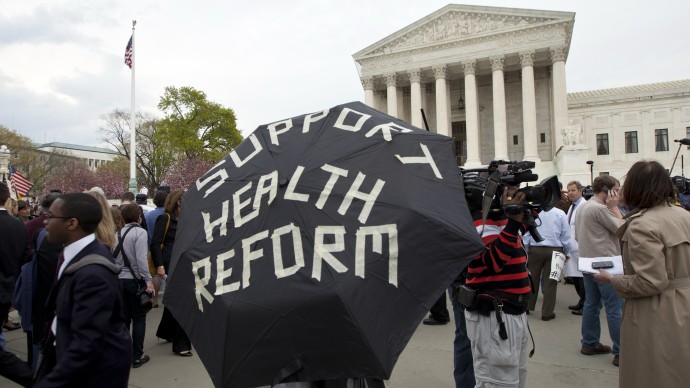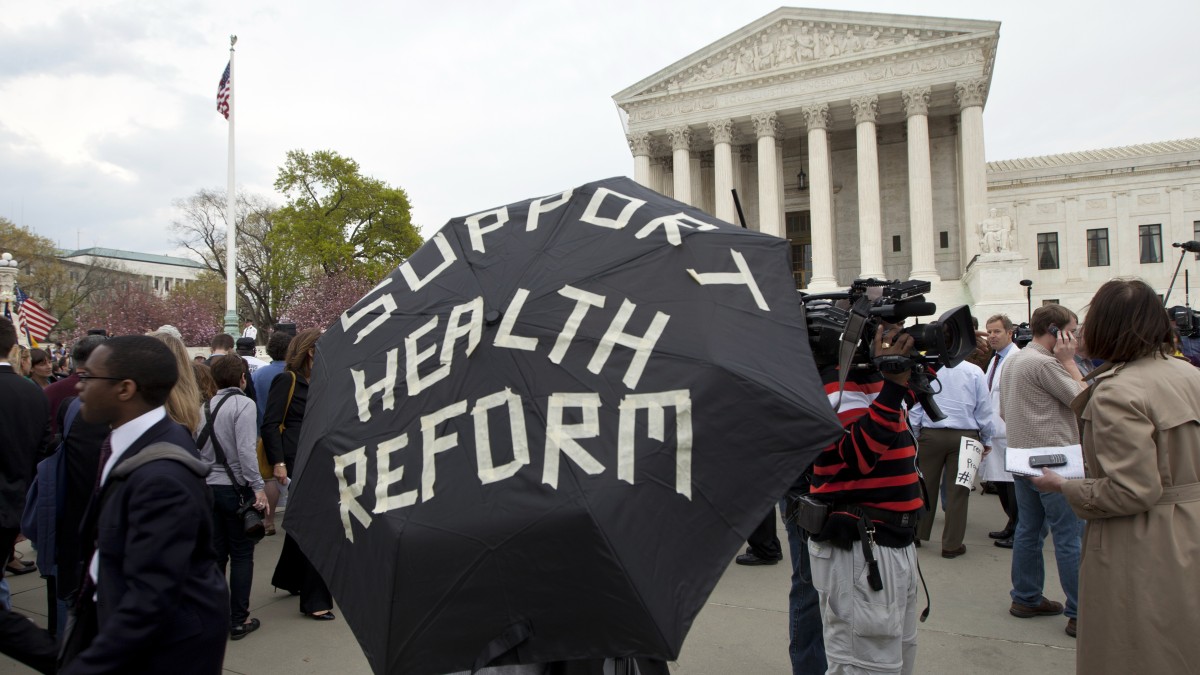
Sure there are those who support the health care law, and those who want to repeal it. But how many people in the U.S. actually understand the Affordable Care Act?
That’s what a Stanford University professor asked in a nationwidesurvey in collaboration with the Robert Wood Johnson Foundation, GfK and the Associated Press.
The survey, which was conducted in 2010 and in 2012, showed more than 2,000 participants 18 different statements about the health care law. Twelve of those statements correctly portrayed provisions of the law and six of them were false. Participants were also asked to how certain they were of each of their answers.
Jon Krosnick, a social psychologist and a professor of communication and political science at Stanford University and a co-author of the report on the survey, said no one identified all 18 statements correctly on either the 2010 or the 2012 survey. Still, in 2012, the survey found fairly high numbers of correct responses. For instance, 80 percent of respondents knew that the law allowed adult children to stay on parents’ health plans and that companies with more than 50 employees are required to provide coverage to workers.
But the researchers pointed out that those results were not authoritative since participants may have been guessing. That is why they included the question about the participants’ certainty in their answers. “When taking into account people’s certainty ratings, we observed much lower levels of accurate knowledge…,” they write. “Indeed, only one provision was correctly identified with high certainty as being part of the ACA by a majority of respondents. Fifty-two percent … correctly said with high certainty that children under the age of 26 could get health insurance by being included on their parents’ health insurance policies. All other provisions of the law were correctly identified with high certainty by less than 40 percent of Americans.”
The report also shows that participants’ responses fell within their party lines. Democrats were more knowledgeable about the health care law than Independents, who, in turn, were more knowledgeable than Republicans. Also, older respondents were able to answer the survey more accurately.
But Krosnick said that one of the most striking findings from the survey was that respondents liked the provisions of the health care law regardless of political allegiance.
“When you say: should families be allowed to keep children on their health insurance to age 26? —Most people like most of these provisions. So there’s every reason to have imagined that the public would support [the law]. So our point is that lacking full knowledge [about the health care law] leads to much less enthusiasm about it.”
This story was originally published by Kaiser Health News.


